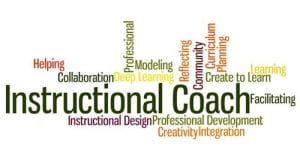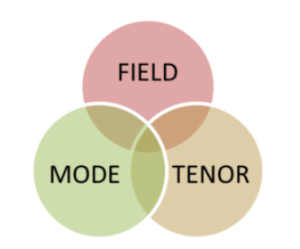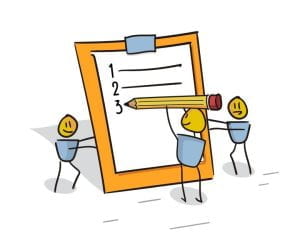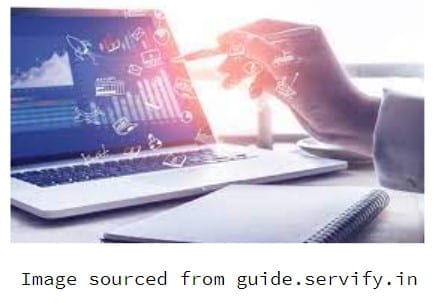Weekend Ed. Quote ~ January 27
“To prevent burnout and support the emotional well-being of instructional coaches, it’s important for schools to prioritize building a positive emotional culture, provide ongoing support and professional development, and ensure that coaches have clear expectations and boundaries. By creating a supportive environment, instructional coaches are more likely to thrive in their roles and make a positive impact on student learning.” ~Bharaj, et al. 2023
References
Bharaj, P. K., Francis, D. C., Habib, K., Hinden, A., & Gustaveson, A. (2023). Exhausted, drained, and apathetic: An emerging coach’s emotional trajectory during her first year. In Lamberg, T., & Moss, D. (2023). Proceedings of the forty-fifth annual meeting of the North American Chapter of the International Group for the Psychology of Mathematics Education (Vol. 1). University of Nevada, Reno. https://www.researchgate.net/profile/Pavneet-Bharaj/publication/377435438_Exhausted_drained_and_apathetic_An_emerging_coach’s_emotional_trajectory_during_her_first_year/links/65a69d7b5582153a682ba978/Exhausted-drained-and-apathetic-An-emerging-coachs-emotional-trajectory-during-her-first-year.pdf
#GCUTEC544 #GCUTEC595 #GCUTEC516 #GCUTEC521
#CUNE604, #CUNE605









